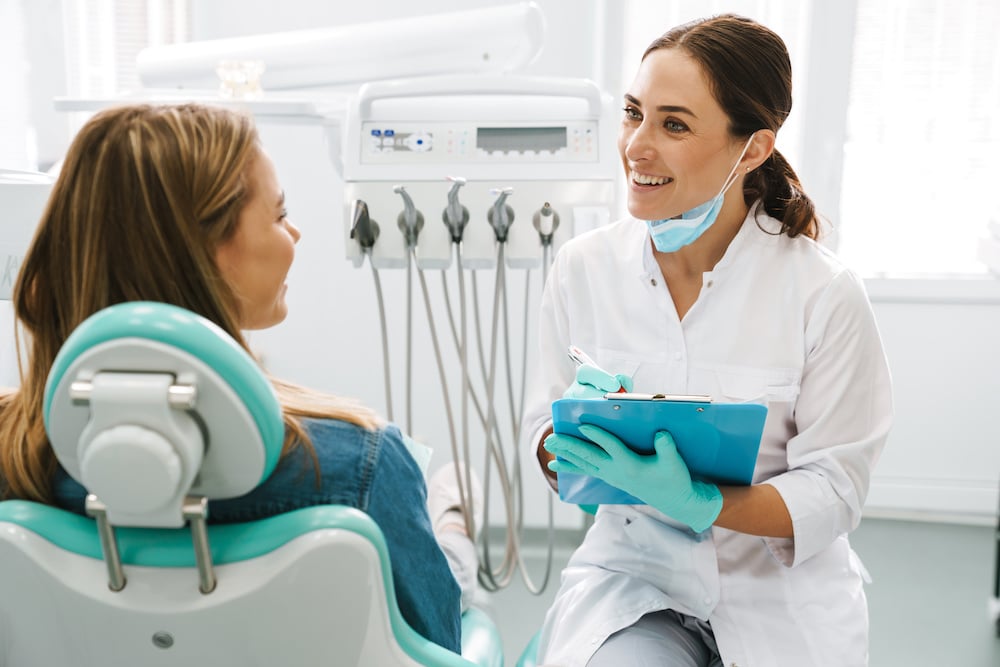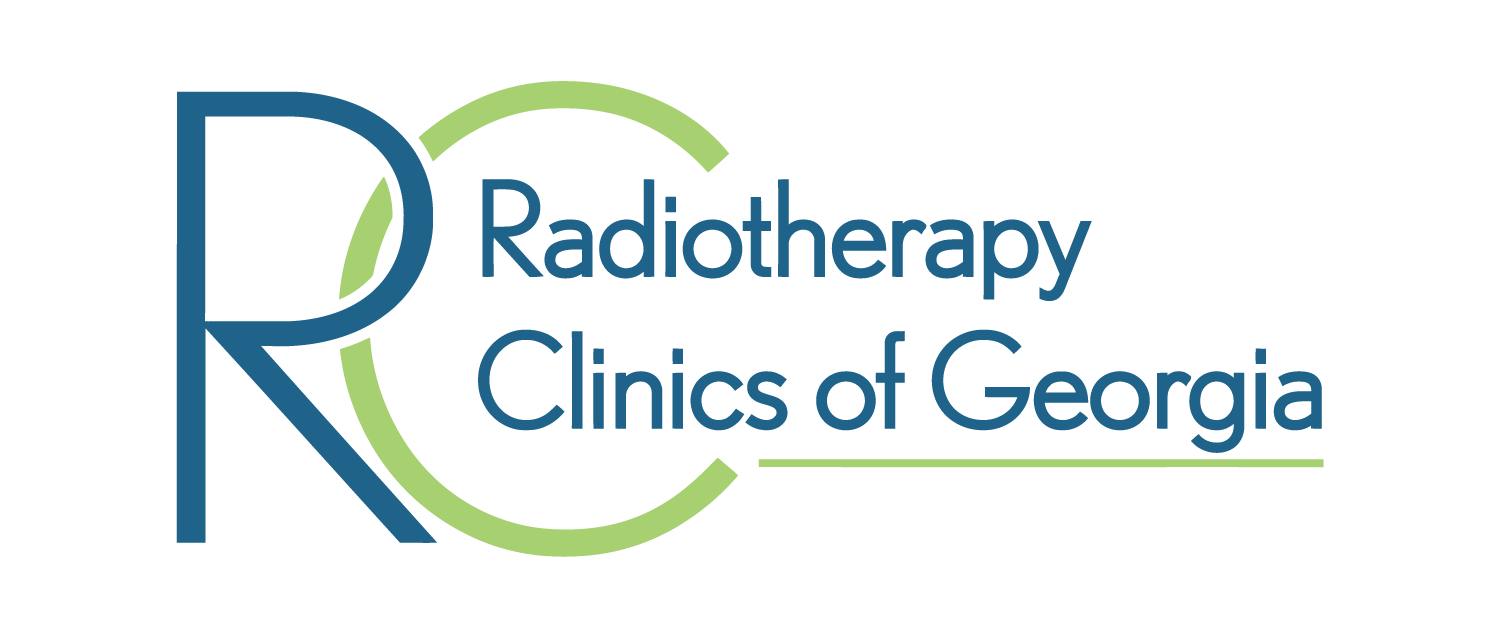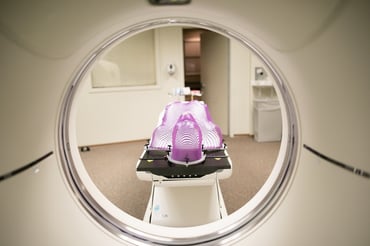
Oral cancer develops in your mouth or oral cavity, which makes it a type of head and neck cancer. While oral cancer is less common than other types of cancer, it’s still important to know the warning signs as well as what puts you at an increased risk of this type of cancer. After all, it can be easy to mistake symptoms of oral cancer for less serious issues, including those related to general dental hygiene.
If you notice any new or unusual symptoms in and around your mouth and throat that persist for more than a couple of weeks, schedule an appointment with your primary care provider or dentist. Ignoring these symptoms may lead to a delayed diagnosis. Whether it’s cancer or another condition, delaying treatment usually leads to a more difficult path to recovery.
What is Oral Cancer?
Oral cancer includes cancers that originate in the mouth or the back of the throat, which are collectively referred to as the oral cavity. The oral cavity is all of the areas inside of the mouth including the lining, teeth, gums, palate, and front two-thirds of the tongue.
Most oral cancers begin in squamous cells, which are thin, flat cells lining the inside of the mouth and throat. These are called squamous cell carcinomas. If the cancer grows, it can affect other tissue in the mouth as well. The tongue, gums, soft palate, and tonsils are the most common locations for oral cancer to develop. Understanding the symptoms of oral cancer is crucial.
16 Symptoms of Oral Cancer You Should Watch For
Some symptoms of oral cancer are more obvious than others. Some of these might surprise you!
- A lump or sore in your mouth that doesn't heal is a common sign of oral cancer, but there are many other symptoms to be aware of.
- Mouth pain that doesn’t improve and is not caused by a cavity or other tooth nerve issue
- Swelling, thickening, or rough spots on the lips, cheek, gums, or inside of the mouth
- Bleeding on the lip or in the mouth without another known cause
- Jaw issues, such as stiffness and swelling that are not caused by a condition such as TMJ
- A change in your bite. This is the way your upper and lower teeth come together. A change can be caused by teeth shifting, caused by age or pulling teeth. It’s best to have it checked out by your dentist.
- Teeth that are loose for no obvious reason
- Ringing in the ear (tinnitus)
- Pain in face muscles when chewing or speaking
- Numbness in the oral/facial area
- Pain in the jaw or teeth, not caused by a cavity or other dental issue
- Earache that extends to cheeks or jaw
- The feeling of fullness in the ear, with no diagnosis of an ear infection or cold
- Dentures that start to fit poorly or become uncomfortable
- Unexplained weight loss, which can be caused by problems with chewing and swallowing
- White or gray patches inside the mouth, specifically on the gums, tongue, tonsils, or lining of the mouth. Though this condition, called leukoplakia, is not painful, it could be an early sign of oral cancer. Sometimes, these patches may even bleed when touched. If you have a sore in your mouth that does not hurt or heal, you should consider visiting your dentist.
Oral Cancer Risks and What Can Be Done to Lower Them
Oral cancer shares many of the same risk factors associated with other head and neck cancers and even other cancers such as lung and cervical cancers. While there are various reasons you could develop oral cancer, there are a few risk factors that have a bigger impact than others on the likelihood of developing oral cancer. They are:
- Tobacco use. The risk of developing oral cancer is higher in those who smoke or use chewing tobacco. Smoking use includes smoking cigarettes, pipes, and cigars. There are many harmful chemicals released in your body when smoking or using chewing tobacco. Reducing or eliminating tobacco from your daily routine lowers your risk of developing oral cancer.
- Alcohol consumption. While drinking any amount of alcohol is associated with an increased risk of developing oral cancer, consuming 3.5 drinks or more per day increases your risk by up to three times that of someone who does not drink as much alcohol.
- HPV infection. HPV, the human papillomavirus. A few strains of this virus can lead to oral cancer and several other types of cancer. To prevent HPV infections, consider the HPV vaccine.
The Importance of Oral Cancer Screening
Oral cancer screening should be part of your regular dental check-up. Keeping up with your dental appointments can help detect cancer early when it's most treatable. Your dentist can examine your mouth, tongue, and throat for signs of oral cancer, such as unusual discoloration, lumps, or sores. Be sure to talk to your primary care provider or dentist about anything unusual that you’ve noticed.
They will suggest further examination and testing if they see signs of cancer or if your symptoms indicate that cancer could be present.
Patients who receive a diagnosis of oral cancer may receive a combination of oral cavity cancer treatments, such as surgery, radiation therapy, chemotherapy, immunotherapy, and targeted therapy. An oncologist will plan your treatment and the right timing for each of these depending on how early it was found and whether it had grown to other areas of the mouth or nearby lymph nodes.
Expert Oral Cancer Treatment in Georgia
If you received an oral cancer diagnosis and were told you will need radiation therapy, request an appointment with one of our head and neck cancer specialists in the Atlanta area. Our team is available to create a treatment plan for you. Request an appointment at your nearest location.



